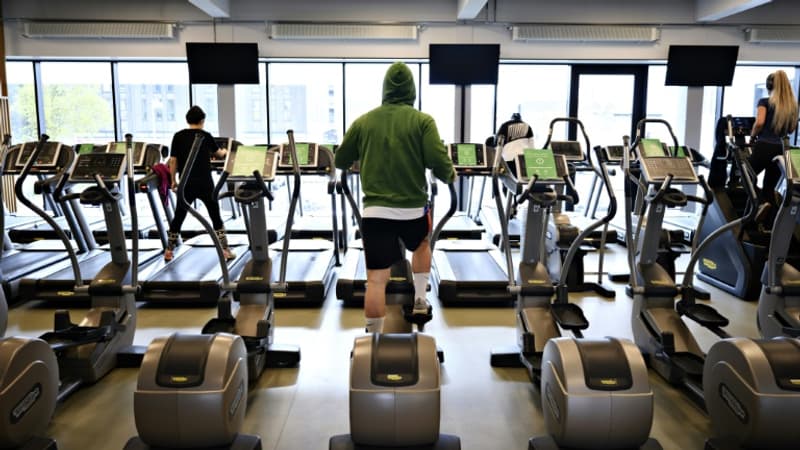Fate seems to be hitting the sports halls. For almost two years, these establishments had already paid a high price for the health crisis marked by more or less long phases of forced closure. A period that had led to a significant decrease in the number of subscribers in various rooms of different service providers. Although the sector is trying to recover, it is now exposed to the drastic increase in energy prices.
And the energy item has a certain weight in the running costs of sports halls. “For a room, gas and electricity costs generally represent 5 to 7% of the annual operating price,” Virgile Caillet, general delegate of Union Sport & Cycle, told Figaro.
The managing director of the Fitness Park group, Gaëtan Dubuisson, mentions an amount corresponding to 3 or 4% of turnover, while Thierry Marquer mentions annual sums ranging between 7,000 and 8,000 euros for his Orange Bleue network.
However, the newspaper specifies that they are not all housed in the same ship. If the energy bill has doubled at least on the Orange Bleue or Fitness Park side, the Keepcool group declares that they have no problem.
Small daily saving gestures
This increase in the bill necessarily invites sports halls to take action. Instead of responding with a simple increase in the prices charged, they first favor alignment with the current incentives, both civic and political, in favor of energy sobriety. The Union Sport & Cycle, for example, invites the rooms to lower the temperature from 20 to 18° to reduce the bill, you can read in the Gazette des Communes.
For example, the high-end structure KenGroup has anticipated the current situation well by acquiring autonomous cardio machines that generate their own energy through the movement of the pedals. To this “one step ahead”, other measures are added that are easy to implement on a day-to-day basis, such as the start-up of complete machines, a one-degree drop in the temperature of swimming pools or even the incentive to shower. .duration of less than two minutes thanks to small hourglasses.
L’Orange Bleue is working on new LED lighting while Fitness Park is moving to motion detectors and air filters to limit excessive consumption of air conditioners. “We invite members to turn off devices after use,” adds Gaëtan Dubuisson to Le Figaro.
A counterproductive price increase during the back-to-school period
The general manager of the Fitness Park group recalls that the energy sector is not the only one that experiences an increase in its value in this inflationary context: “There have been three increases in the minimum wage in recent months, this has an impact on wages, at the minimum of the conventional branch […] and on service providers, particularly security and room cleaning”.
The period is all the more convulsive economically as it coincides with the repayment of state-guaranteed loans, highly requested by the sector, and as the particular case of sports halls during the Covid crisis has not improved their image before the banks that perceived as risky customers.
Above all, the increase in prices is considered counterproductive in a period as strategic as the start of the school year, which is usually synonymous with an influx of enrollments. However, industry players are truly forced to think about it if inflation persists. “We do not refrain from raising prices if inflation persists […]. We will not be able to support the effort for years,” says Gaëtan Dubuisson.
Freezing rates and looking for new clients… for now
But for now, it’s time for endurance as various gyms suggest. “We have frozen our prices despite the rise in energy prices in 2022”, underlines a Basic Fit representative while Thierry Marquer is in favor of attracting new customers.
The General Delegate of Union Sport & Cycle, Virgile Caillet, summarizes the double approach of the companies in the sector: “We are coming out of a rather terrible period, where we have lost 50% of the subscriber portfolio. a phase of reconquest: certainly, the increase in energy prices could legitimately lead to an increase in subscriber prices, but I do not know if the time is right […] If the situation were to last longer, there would probably be a rate adjustment.”
Source: BFM TV


